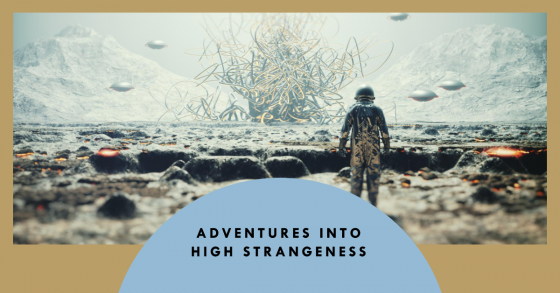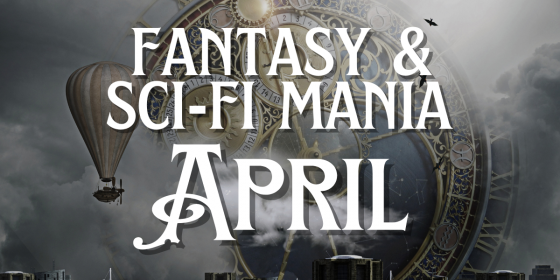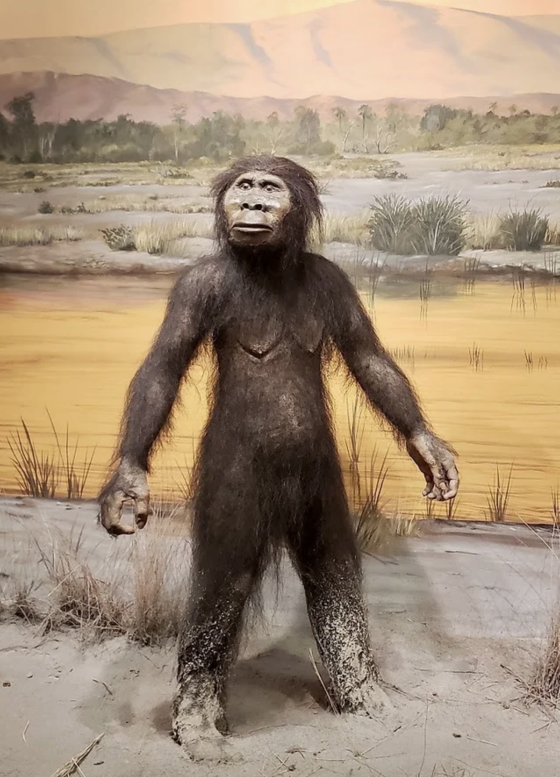
Humans are builders. We are all given different talents and resources in life that we use to try to construct happiness for ourselves and for those we love. This continuous process of creation is not only quintessentially human but also the most common thing all animals do. All animals build, humans just take it to another level. We write and read books, make and play games, create and watch movies, paint and sculpt stories, weave musical ballads and landscapes. We are able to envision other lives and share those visions with others. I think that’s an amazing facility. We believe that we’re unique, as humans, for building by using our prodigious imagination. We don’t only build in physical and social realms, we craft fully imaginary worlds populated with people and other creatures. Perhaps whales, apes, or even other animals — the octopus? a colony of termites? — also dream up stories. It’s hard to know. I have always lived in my imagination. As a child, I made elaborate sets and toys to act out stories for myself and my friends. Our apartment gradually filled with paper and fabric cities, castles, and little animals made from scraps; I used to make…
Read more →







